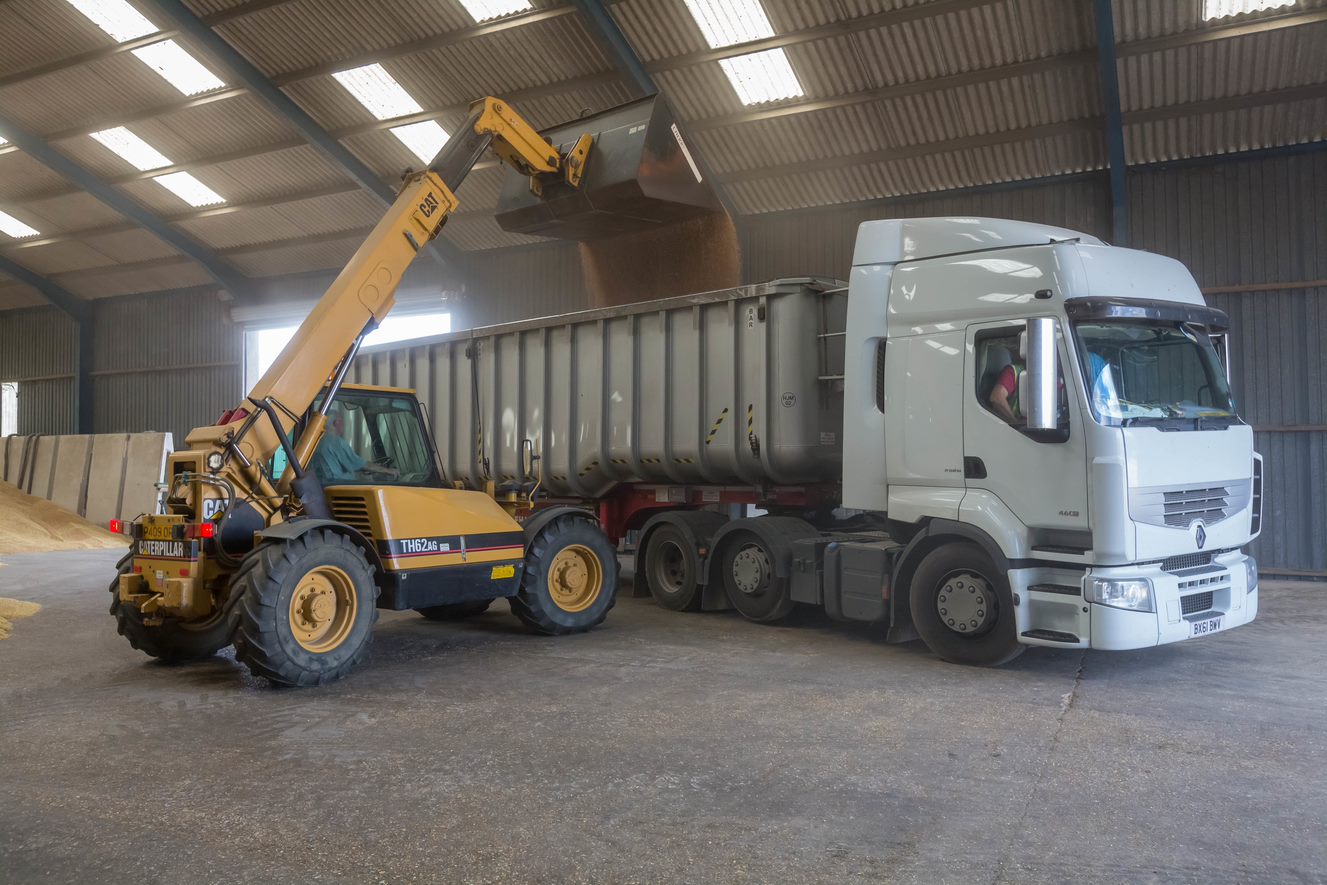Practical grain marketing tips from Northampton Monitor Farm
Thursday, 24 January 2019
Four top tips from the January AHDB Northampton Monitor Farm meeting on making the most of market opportunities.

Mitigate risk
“I think I need to look at using the futures markets and options to try and mitigate any risk in the business.” – Rick Davies, Northampton Monitor Farm host.
With much of the market in the dark, ‘drifting without data’ following the US federal shutdown, it’s important to know what your farm’s attitude to risk is, and to have a plan of how to mitigate that.
James Webster, AHDB senior analyst, has two key points for you to consider:
- What questions should you ask yourself if you want to sell grain?
- What questions should you ask if your merchant phones, wanting to buy grain?
The answers can help you begin to mitigate risk in your grain marketing.
Manage volatility
“You’re among the best farmers in the world, in terms of yield and agronomy. Managing volatility is going to be the key to raising your profits.” – Rupert Somerscales, ODA
Global stocks-to-use ratios are getting worse (i.e. demand is rising faster than production), so market price volatility is likely to increase even more, Rupert said. What’s more, low stocks make the world more susceptible to weather and disease-related crop problems.
One thing to watch could be your farm’s basis – that’s the difference between the Futures market price and the ex-farm price on any given day.
Build good relationships
“The UK is different from the EU in that we have a very small number of mills. These mills are running at capacity all year, so we need a steady supply.” Lisa Williams, Heygates assistant buyer.
In recent years, haulage in particular has been causing headaches for many millers like Lisa. The success of the UK’s cereals industry relies on good communication up and down the supply chain.
Know your farm
“Bear in mind that every farm is different. Some farms have very little storage; some may have cash flow problems.” Judith Stafford, AHDB Knowledge Exchange Manager.
An important part of knowing your farm is having a good understanding of your costs of production and business needs. Joining a Monitor Farm group or arable benchmarking group, using Farmbench, can help with this.
Topics:
Sectors:
Tags:

